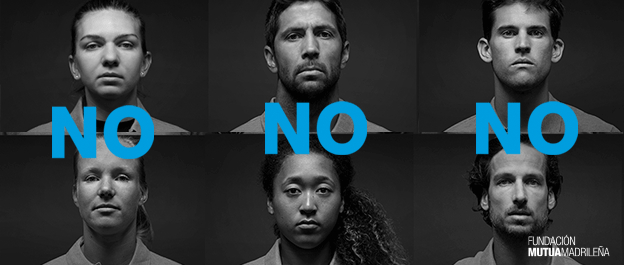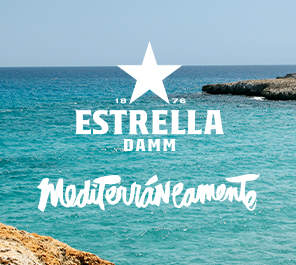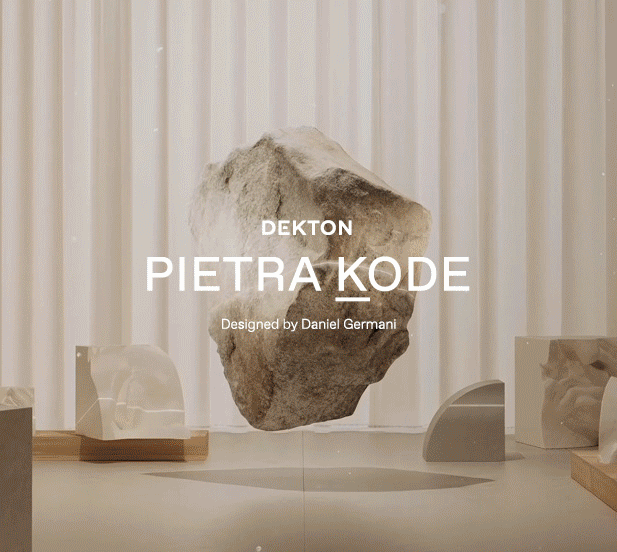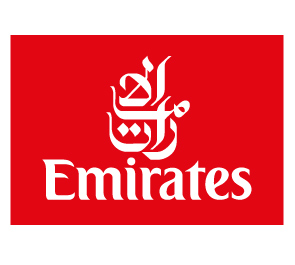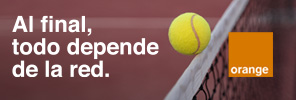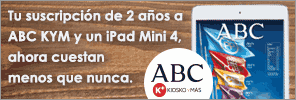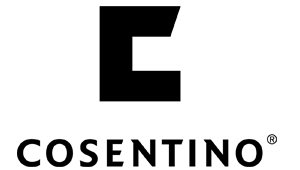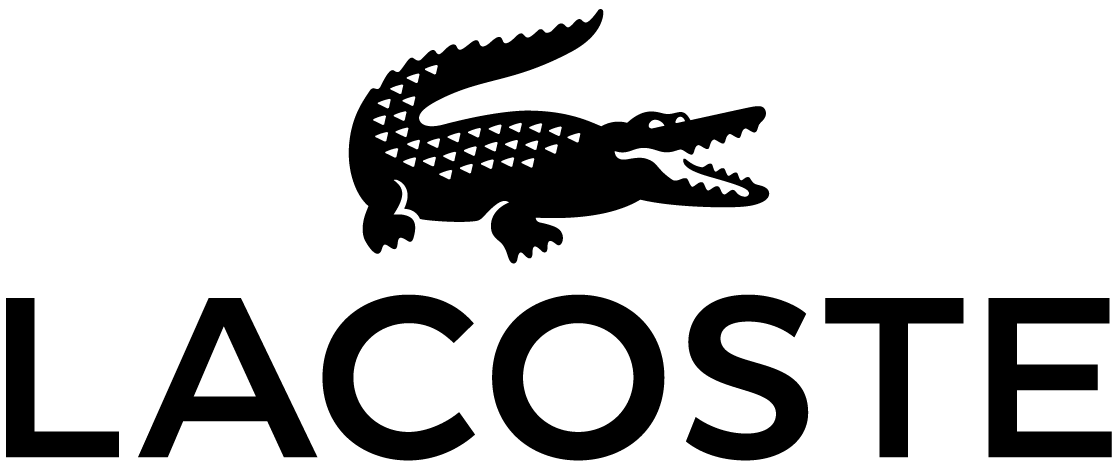Winning the Mutua Madrid Open last year, gave Andy Murray (Dunblane, Scotland; 1987) his first Masters 1000 title on clay. He also achieved this in style by beating Rafael Nadal in the final who statistically, is the best player in history on clay. Before returning to the Caja Magica to defend his title, the Brit talked to The Magazine, to look at his current form, fatherhood and how his game on clay has evolved.
What are your memories of your first victory in Madrid when the tournament was still played on hard court?
I remember serving especially well during that week, at that stage in my career it was one of the best serving performances to date. I was playing Giles Simon, who was playing incredibly well and I remember having to fight really hard, particularly in the second set to close the match out. It was big moment for me as I became the first British player in the open era to win four titles in a calendar year, and the first to win two masters in a year.
Last year in Madrid you won your first and only Masters 1000 tournament on clay. You achieved this by beating Nadal on “home ground”. What does the title mean to you?
Winning a clay court tournament was something that I found incredibly hard to do for a very long time, so to get the breakthrough in 2015 was a very special moment for me. Rafa is the greatest clay court player who’s ever lived so to be able to capture my first Masters title against one of the greatest on that surface was a very proud moment.
What changed to enable you to achieve your first Masters 1000 title on clay after so many years?
My preparation last year was probably the best it’s ever been for the clay. I spent two weeks in Barcelona training on clay, which enabled me to really work on my tactics and movement. I also won my first tournament in Munich the week before, so I had a lot of confidence going into Madrid.
Alex Corretja always maintained that you had all the qualities to be a great clay court player. Why do you think it took until 2015 to achieve this?
I prepared for the event more thoroughly that I had done in previous years. When you have done everything you can do to ensure that you’re ready for the surface, it gives you confidence. I know not many players would have put the amount of time into their clay court preparation that I did last year, which helped a lot, especially psychologically
Do you believe that Nadal is still the biggest challenge on clay? Given his apparent decline in form?
Every player goes through periods where they don’t necessarily play as well as they have done previously, but it’s how you react to that dip in form that is important. Rafa in my opinion is still one of the best players on the surface and he still works as hard as he can on and off the court. He didn’t win as many tournaments as he had done previously years but he was still extremely competitive in them. As all players do, I am sure he has gone away and worked at things since last year, so it’s hard to say if he’ll ever be back up to where he was, I guess we will have to wait and see.
Is being number one on the rankings a goal for you?
It would be incredible to reach the top of my sport. It’s something that you dream of when you’re younger. My brother has just topped the rankings in the doubles, so as brothers it would be incredible to say that we were both able to reach number one during our careers, but it’s not something that I’m going to solely focus on. To reach number one you have to be incredibly consistent in tournaments, so I will just continue to focus on one tournament at a time, and make sure I keep working as hard as I can to win every tournament.
What makes Madrid different to the rest of the tournaments?
One of the key differences with Madrid is the altitude that you play at. The Caja Magica is probably one of the highest venues in terms of being above sea level that we play at on the tour, so you have to ensure you arrive prepared for that, the ball can move a little bit differently if the air is a bit thinner and it can take some getting used too.
And what makes Madrid stand out as a city?
It’s a more traditional Spanish city compared to the likes of Barcelona and Valencia. It has a lot of history, I always enjoy going to have a look around, whether it’s checking out the football stadiums or wandering round the main square there’s lots you can do. The food is also pretty special, with Iberico Ham on offer round every corner it’s easy to eat out at every opportunity. If you love Tapas, you’ll love Madrid!
What is your best memory of the Caja Magica?
It will be really hard to top winning last year. Capturing my first clay court Masters event was an incredibly special feeling and something that I had worked towards for a very long time. The crowd in Madrid are always very vocal and the atmosphere in the final last year against Rafa was incredible, it’s something I’ll never forget.
At this level, how do you think Djokovic can be stopped? What is the best way to play against him?
Everyone and anyone can be beaten, but at the moment Novak’s consistency is making him just that little bit harder to beat. He likes to play from the back of the court, he has incredibly consistent ground strokes, so he likes to draw the points out. I think more and more guys are trying to make the points against him shorter, they’ll move into the net a bit earlier and put him under pressure, however he has the ability to make shots from everywhere so it doesn’t always work. It’s good to have multiple game plans against him, if one isn’t working you can switch to something different, it’s important to keep him guessing and make him as uncomfortable as possible.
You have become a father recently and you even said that if your child was born during the Australian Open you would withdraw from the tournament, although you made it to the final. Has becoming a parent changed your priorities?
It’s natural that priorities change as circumstances in life change. Since Sophia has arrived, tennis is no longer the number one priority for me. Obviously when I’m on the court I’m completely focused on my tennis, but when I’m off the court I have to learn how to balance doing what I do alongside being a father. It will take time to get used to the change, but so far I’m absolutely loving fatherhood and wouldn’t have it any other way.
You have broken boundary after boundary: a gold medal at the Olympic Games in your country, Wimbledon champion, winner of the Davis Cup… what is left for you?
Lots of things, I still have a good few years ahead of me in my career, and I believe that my best years are still ahead. It would be easy for me to say that I want to win more grand slams, but the reality is that they are very difficult to win. I will just continue to prepare the best I can for every tournament I enter, so that I can compete as hard as I can for every title.
Could you sleep easier when you had not achieved any of these victories but had all the expectations of the British nation on your shoulders?
It hasn’t ever really made a difference to me. I have always been my toughest critic, so the pressure that was on me a few years ago to get the breakthrough, didn’t affect me to be honest. I often found the pressure quite motivating, it was great that so many people were desperate for me to do well, and I wouldn’t ever change that. The British public love their tennis, and I’m incredibly proud to have been the player that has been able to win through in the big tournaments to give them something to cheer.



